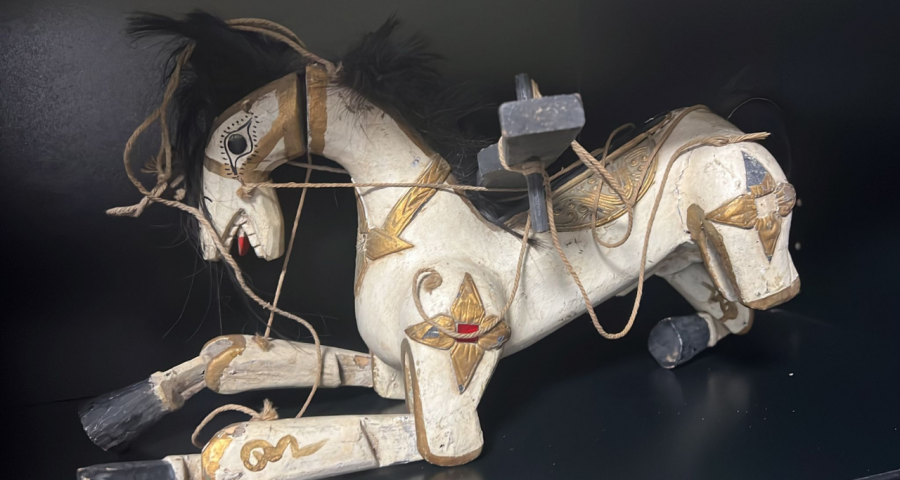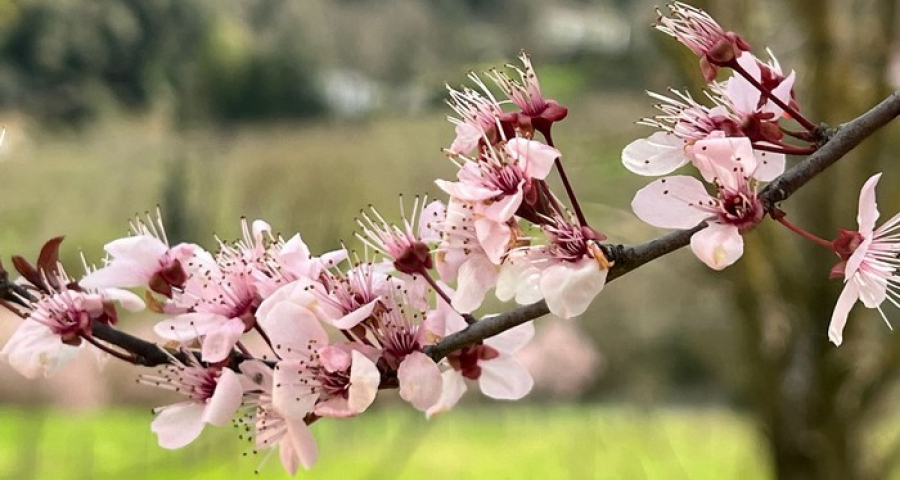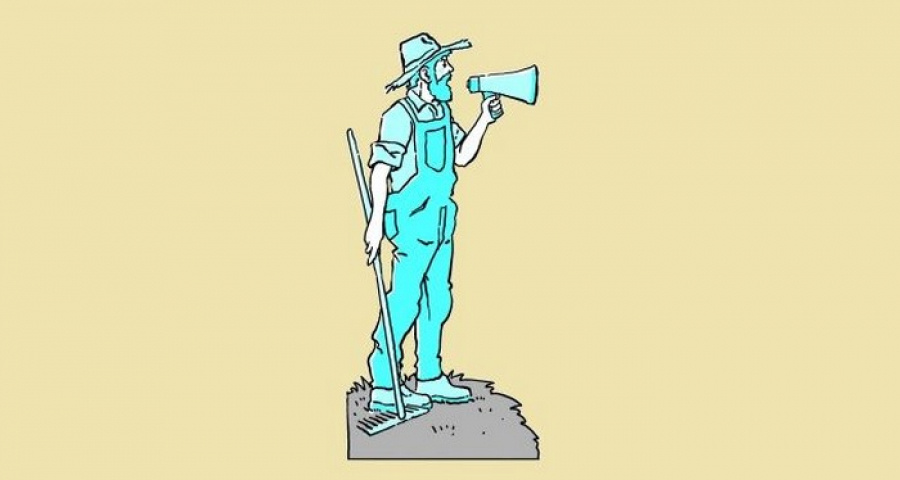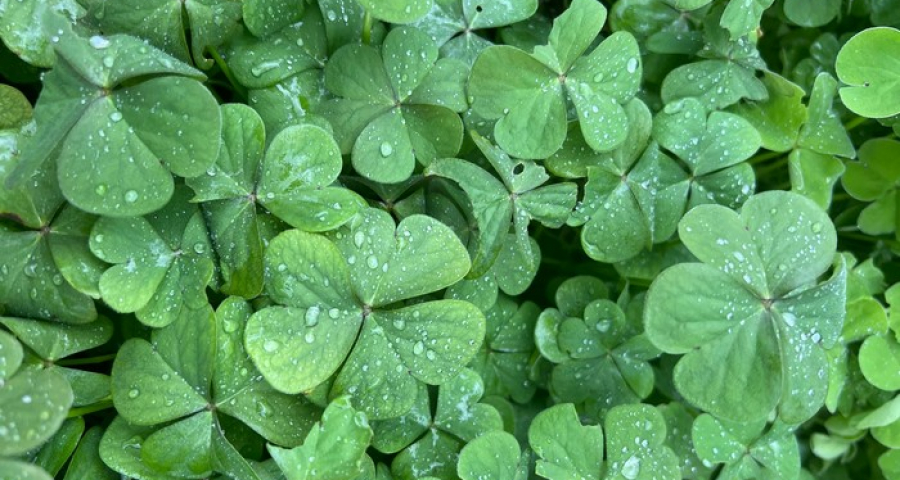The Star of absence/12 - Understanding the less luminous pages of the Bible and the power of reciprocity
By Luigino Bruni
Published in Avvenire 18/02/2023
How do we read the darker, less than bright pages of the Bible? And how can we reconcile the Esther of the previous chapters with the Esther of the conclusion? Here are some suggestions.
"In addition to those ten sons, Haman had twenty other sons, ten of whom died while the rest were reduced to beggary. Mordecai became a wealthy man, and he minted coins that had Esther on one side and his image on the other. And as he gained power, Mordecai began to lose in terms of spirituality. If before these events, he was the sixth among the great scholars of Israel, after them he fell to the seventh place."
Targum Esther VIII-IX-X
«The Jews struck down all their enemies with the sword, killing and destroying them» (The Book of Ester 9,5). The Book of Esther is about to end with the total and perfect reversal of the fate of the Jews. Its cycle of events closes as many similar ancient stories ended: with weapons, with blood, with the extermination of the enemy by the hand of the victorious hero. Thus, the Persians who in the perverse plan designed by Prime Minister Haman were to eliminate all Jews are defeated and killed in large numbers by the Jews. The Book of Esther is very fond of narrative symmetry and pushes it to include military tides that have also been reversed: «They killed seventy-five thousand of them» (Esther 9,16). Conflicts have ended like this for millennia, while in Europe we got the idea in our heads that the infinite pain of the 20th century exterminations had finally taught us something truly new about war and peace. And instead we still find ourselves faced with the same exterminations, decrees, counter-decrees and desires for revenge.
While we read the Book of Esther, we try to understand the literary genre and the mentality of those distant times. We relativize deaths, blood and revenge, and ascribe them largely to myth, less so to history. We have to, but not too much. Because there are other crucial questions that we need to ask, the text and ourselves: what do we do with this reversal of military fortunes in the Bible? Furthermore, what can we now say about Esther who at the end of the story appears as a ruthless warrior heroine to us, much like her male counterparts? Where is her political savoir-faire, where is her piety? After the first day of massacre, «The king said to Esther: “What more do you ask? It will be given to you”. Then Esther said, “If it pleases the king, let it be granted to the Jews who are in Shushan to do again tomorrow according to today’s decree, and let Haman’s ten sons be hanged on the gallows”» (Esther 10,12-13). Faced with all that blood, the queen only asks her husband to extend the extermination by one day and to hang the sons of Haman. A version of Esther who in this instance resembles the powerful and warrior like women that the Bible, as well as our contemporary history, know well.
We could go back, go through the chapters of the book and convince ourselves that Esther was a powerful woman like any other woman from the beginning, except that in the eyes of the Bible she was on the good side. We could convince ourselves, some people do, but it is not worth it, because this would not be a fruitful reading of the Bible. The absolute ethical coherence of its characters is not necessary for the morality of ancient literature, let alone of the Bible. David's cowardly gesture towards Uriah does not erase the sincerity of his heart as he listens to the parable of Nathan's sheep. Jacob's tears when he meets his brother Esau after years and years is not canceled by his lies to steal the blessing from his father and Peter's "you know that I love you" is not eliminated by the crowing of the rooster. Even so, the Bible speaks to the depths of our hearts, where it reaches us and saves us, because neither the Bible nor our life is a double game where a "compensation game" from the opposite side is possible. The value of a sincere embrace of reconciliation infinitely surpasses that of the thousand bad words we have said to each other and perhaps will say to each other again. Maybe in the end we will be saved by the angel of death, who among the many gaps in our history will find a single hoop. He will notice it shining, fix the rope onto it and drag us with him to heaven. Because that single act of pure love pierced the sky, a hole through which God saw us, knew and recognized us, and never stopped looking into the eyes of our soul.
Chapter nine also contains the foundation of the Jewish holiday of Purim (9,19-22). Herein we find the explanation behind the name of the feast of Purim: «So they called these days Purim, after the name Pur, lot» (Esther 9,24-26). As we mentioned last week, this feast was actually born from a Babylonian-Persian tradition (called Sacee) that the Jews adopted and included with some variations, in their tradition, after the exile. Thus, the Book of Esther performs the function of giving a new religious foundation to a feast imported from a pagan culture. These processes are common in all religions and in all cultures (even Pesach has a similar background (Exodus 12,15). Each cult that takes over from a previous one introduces some (a few) new feasts and transforms (many) already existing feasts by giving them new names and meanings. In the transition between Etruscan, Piceno, Roman and Christian traditions, many festivals based on the cycles of harvests and fertility merely changed their name, sometimes the statue of the "saint" in question, but the canopy, the flowers, the songs and the date of the feast remained (almost) identical over the centuries. St. Rocco, St. Biagio, Santa Barbara are new names and faces of much older sacred scripts.
With the help of her wisdom, (not without its fair share of efforts and uncertainties), the Church perceived that the Earth was inhabited by the real presence of God well before the advent of Christianity (which has always penetrated life in the countryside and among the poor to a lesser extent and in a mixed way). It felt that the Spirit of God had been hovering over the waters of the earth and the hearts of people well before the year zero in the Middle East, and Europe, continuing to hover in parallel in other cultures, and today it must remind itself that that same Spirit, in mystery, continues to inspire our time. Hence, it did not call every different kind of cult "idolatry", but believed in the religious intuition of people who do not know much about dogmas but know God's true and good voice no less than any expert of God does. While fighting with all its might to save the diversity of her God-YHWH versus the many natural gods of fertility and nature (we will always thank her for this good fight), without telling us, from its first to its last page, the Bible was also hosting many presences of other traditions and cults. This unintentional miscegenation was capable of infinite generativity. God's heart is larger than the heart of our religions. An essential aspect of the Purim feast, perhaps prior to the Book of Esther, are the gifts. Two types of gifts are given during Purim: food is given among friends and alms are given to the poor (the Tzedakah), one must give "at least two items of foods to two poor people or two items of clothing to two poor people" (the Jewish Community of Milan).
This tradition of the reciprocal gift of food is very beautiful. All civilizations feature the communion of meals, too important a resource to be left to the single individual, to his or her strengths and weaknesses. The community is the right place to consume food, because food is not, cannot be, a simple private good. It is the first common good, because everyone in the community has the right to life. Over time, communities first generated clans and then families, and so the community management of food became a family affair, thus subjected to inequality between families - too much food in some families, too little in others. However, every so often and with the strength of the ritual, we need to remind ourselves that food is indeed a common good, that everyone has the right to food – everyone, at least during Purim. If at least one day, we will all become equal regarding our right to food, we can also hope that another day will come when we will all always be equal - this is one of the profound meanings of the Shabbat in the Bible: the justice of the seventh day is the prophecy for the other six.
Giving food to one another is the mother of all gifts. Something which reminds us that when a friend comes to our home and gives us food that he/she has prepared for us – those vegetables that they picked, that cake, that bread... - the gift acquires something special, the house is filled with a fragrance of paradise. The gift of the manna in the desert suddenly relives, the bread that the widow prepared for Elijah with her last handful of flour is resurrected, we all return to the upper floor of that house in Jerusalem, the boy comes to visit us, gives us his five loaves and, at least on that day, we feed the whole world. Christmas or Valentine's Day, holidays by now occupied or created by the new capitalist religion, have become holidays of the gifts of goods: will we return one day to give each other bread in reciprocity?
Finally, we cannot end this chapter without returning in our hearts to those ten hanged sons or, as some ancient commentaries would say, crucified sons. The Bible kept their names, so that we would not forget them. Here they are: Arisai, Parmashta, Adalia, Parshandatha, Poratha, Aspatha, Aridai, Dalphon, Vaizatha and Aridatha. We are dismayed; the extenuating factor of the literary genre should not console us. These are the names of our Iranian sons, daughters and sons, who continue to be hanged today. Anguished, we then begin to leaf through the whole Bible hoping to find something, a page of the yet-to-be. Finally, we find it: it is the page about Rizpah, the mother of the crucified sons. There she was, we had forgotten all about her and she was waiting for us to console away the pain for those hanged children. Like in our human communities where our limitations are healed and compensated by the virtues of others, while our virtues in turn take care of their shortcomings. In the great and eternal community of the Bible, the emptiness or darkness of one character is filled by the overflow of another bright figure.
«So the king took Armoni and Mephibosheth, the two sons of Rizpah the daughter of Aiah, whom she bore to Saul, and the five sons of Michal the daughter of Saul… and he delivered them into the hands of the Gibeonites, and they hanged them on the hill» (2 Samuel 21,8-9). More crucified sons, another king, another revenge, Saul again. Unlike in the Book of Esther, however, here we have a mother: Rizpah. Esther is well loved, but she is not a mother - «Rizpah daughter of Aiah took sackcloth and spread it out for herself on a rock. From the beginning of the harvest till the rain poured down from the heavens on the bodies, she did not let the birds touch them by day or the wild animals by night» (2 Samuel 21,10)
Rizpah, the mother, is the other shomer/sentinel of the Bible. She is watching over Esther, her sister, and has continued for millennia to beg her to convince the king to withdraw the second decree of extermination of the Persians as well. She is still there, in the sackcloth on top of the rock, chasing away the birds. And she will stay there until the last decree of death is cancelled.






